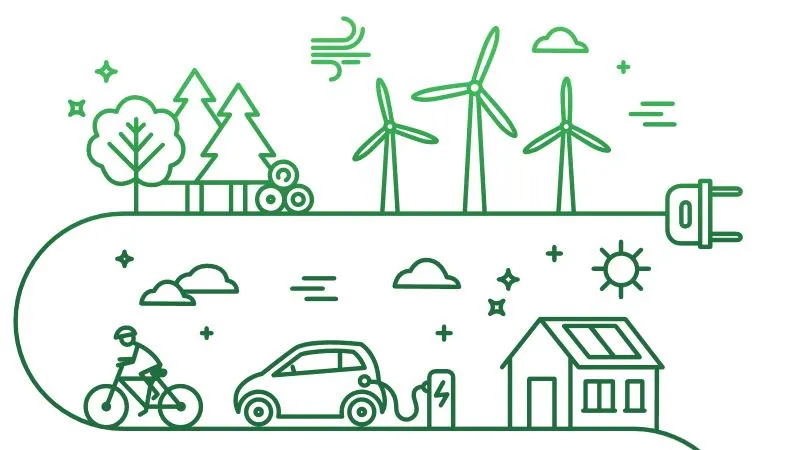Delay to Scotland’s Climate Change Plan: Letter to First Minister

27 March 2024
Dear First Minister,
We write to you as representatives of the Interfaith Climate Justice Scotland Working Group to express our concern about the continued delay to Scotland’s new Climate Change Plan, particularly given the recent report of the Climate Change Committee suggesting that Scotland’s 2030 targets for reducing greenhouse gas emissions are “no longer credible”.
On numerous occasions Scotland’s faith communities have spoken with one voice calling for increased action to tackle the climate crisis. We support the implementation of the Climate Change (Scotland) Act 2009 and the Climate Change Plans that set out how Scotland will achieve its legally binding emissions reductions targets.
We recognise that Scotland has done much to address the climate crisis, setting ambitious emissions reduction targets and, at COP26, committing funds to address climate related Loss and Damage. But we cannot shy away from the fact that Scotland has consistently missed its own emissions reductions targets. For Scotland to play a leading role it is vital we meet these targets.
Given this context we are deeply concerned that there may be further delay in implementing the Plan. We ask you to clarify when the draft Climate Change Plan will be published and that there is sufficient time for consultation and scrutiny.
We encourage you to be bold and ambitious in the plan. We recognise that the challenges are significant but urge you to ensure that Scotland remains a leader in moving to a net zero economy. Our collective thoughts and prayers are with you for a successful outcome.
Signed Dr Maureen Sier
On behalf of: Interfaith Climate Justice Scotland
Interfaith Climate Justice Scotland (ICJS) is a Working Group chaired by Interfaith Scotland and coordinated by Interfaith Glasgow.
As representatives from diverse communities and faith-based organisations ICJS commit to work together – and with faith leaders – for nature and climate justice by:
- Empowering engagement with the spiritual, emotional, moral and practical dimensions of the climate crisis
- Supporting people from diverse faith and belief backgrounds to engage in reflection, advocacy and collective action for climate justice
- Engaging with government and the civil society climate movement to make the moral case for bold climate action
